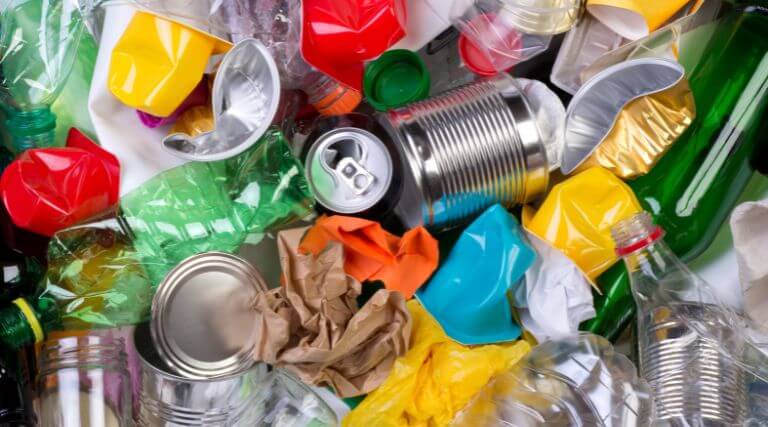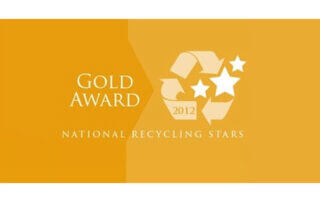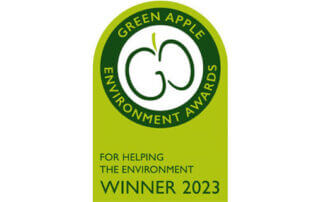
Recycling has become a cornerstone of modern waste management and environmental sustainability, but its history is far more fascinating than most people realise. From its humble beginnings to its essential role in today’s fight against climate change, recycling has a story that spans thousands of years. Let’s dive into the intriguing past of recycling, exploring how humans have reused and repurposed materials throughout history.
Recycling in Ancient Times
Recycling is not a modern invention. In fact, evidence of recycling can be traced back to ancient civilisations. Archaeologists have discovered that during the Bronze Age, people melted down discarded metal objects to create new tools and weapons. This practice wasn’t driven by environmental concerns but by necessity—materials like metal were scarce and valuable.
In ancient Rome, recycling was also common. Broken pottery and glass were collected and melted down for reuse. Textiles were another key resource that rarely went to waste; old clothes were often repurposed as cleaning rags or padding for armour.
Recycling in the Middle Ages
During the medieval period, recycling remained a practical necessity. With limited resources available, people reused almost everything. Scraps of metal were melted down, and bones were used to create tools or fertilisers. Even waste materials had a purpose—ashes from fires were collected to make soap or used as fertiliser.
The Middle Ages also saw the rise of rag-and-bone men, who travelled through towns and cities collecting rags, bones, and other discarded materials to sell to manufacturers. This early recycling system ensured that very little went to waste.
The Industrial Revolution: A Turning Point
The Industrial Revolution in the 18th and 19th centuries marked a significant shift in the history of recycling. As industries grew, so did the production of waste. Urbanisation led to overcrowded cities, and the increasing reliance on mass production created a growing need for raw materials.
Recycling became more organised during this period. Paper recycling, for example, began to take off, with waste paper collected and turned into new paper products. The production of steel and aluminium also relied heavily on the recycling of scrap metal.
However, the Industrial Revolution also introduced the challenges of mass-produced plastics, which would become a significant environmental issue in the 20th century.
The World Wars and Recycling Efforts
During both World War I and World War II, recycling became a patriotic duty. Governments encouraged citizens to recycle materials like metal, rubber, and paper to support the war effort. Posters and campaigns urged people to “do their bit” by salvaging scrap metal for weapons and ammunition. Women collected kitchen grease, which was used to produce glycerine for explosives.
These large-scale recycling efforts demonstrated the power of collective action and set the stage for modern recycling programmes.
Recycling in the 20th Century
The post-war period brought prosperity and consumerism, leading to an explosion in waste. Single-use plastics and packaging became widespread, posing a serious environmental challenge. However, the 1960s and 1970s saw the rise of environmental movements that emphasised the importance of recycling.
In 1970, the first-ever Earth Day was celebrated, raising awareness about environmental issues and sparking widespread interest in recycling. Around the same time, the now-iconic recycling symbol was created, representing the three Rs: Reduce, Reuse, Recycle.
Governments began implementing curbside recycling programmes, and businesses started investing in recycling infrastructure. Aluminium cans, glass bottles, and paper products became the focus of early recycling schemes.
Recycling Today: A Global Movement
Recycling has come a long way since its ancient beginnings. Today, it is a global movement, driven by the need to combat climate change and reduce waste in landfills. Advanced recycling technologies allow us to recycle everything from electronic waste to complex materials like composites and plastics.
Countries around the world are adopting ambitious recycling targets. For example, the UK has made significant progress, with recycling rates steadily increasing thanks to government policies and public awareness campaigns.
The Future of Recycling
As we look to the future, recycling will play an even more critical role in creating a sustainable world. Innovations in technology, such as chemical recycling and biodegradable materials, hold the potential to revolutionise how we manage waste. However, the responsibility also falls on individuals to make conscious choices about what they consume and how they dispose of it.
By embracing a circular economy—where resources are continuously reused rather than discarded—we can ensure that recycling remains a vital part of our efforts to protect the planet.
Ready to Make a Difference?
At Cheap Skip Hire Prices, we are passionate about helping you manage your waste responsibly. Whether you’re clearing out your home, renovating, or managing a commercial project, we make recycling easy and hassle-free. Contact us today on 01442 229 029 or book online at https://bookonline.cheapskiphireprices.co.uk/products/. Let’s work together to keep our environment clean and sustainable for future generations!
about our business

Waste King is your go-to provider for all your rubbish clearance and skip hire needs.









